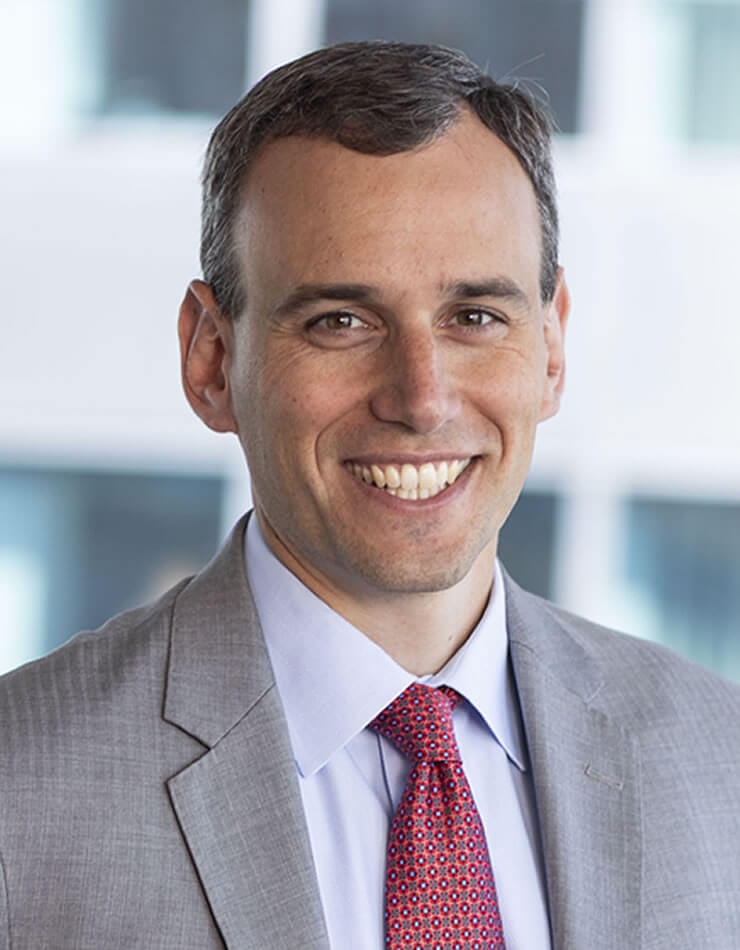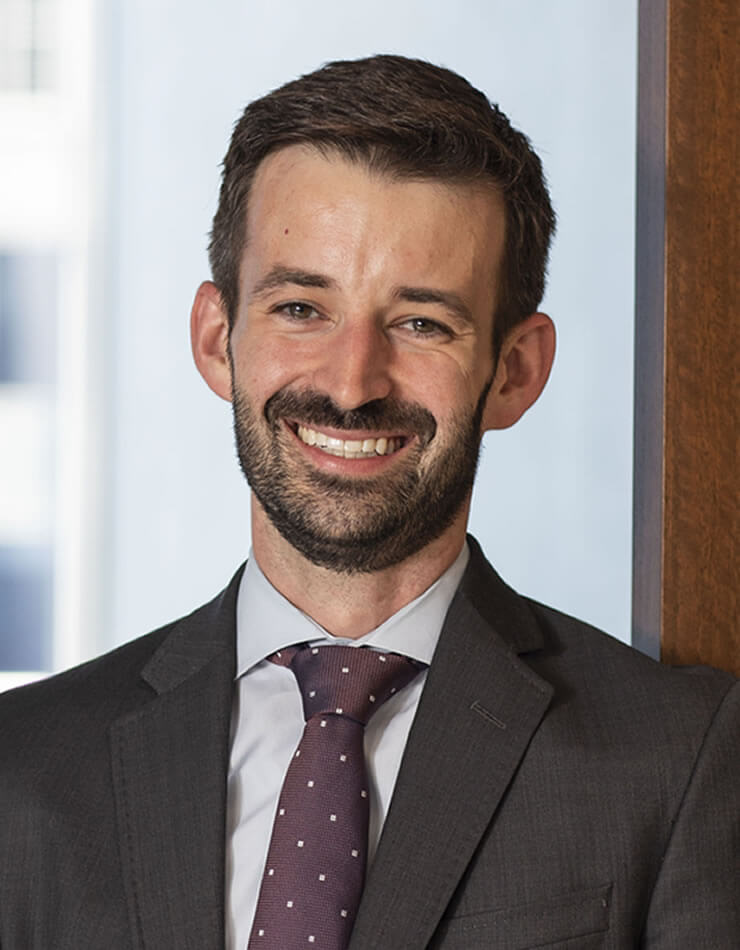Oakmark International Small Cap Fund – Investor Class
Average Annual Total Returns 09/30/17
Since Inception 11/01/95 9.94%
10-year 4.47%
5-year 11.22%
1-year 25.98%
3-month 3.84%
Gross Expense Ratio as of 09/30/16 was 1.38%
Past performance is no guarantee of future results. The performance data quoted represents past performance. Current performance may be lower or higher than the performance data quoted. The investment return and principal value vary so that an investor’s shares when redeemed may be worth more or less than the original cost. The performance of the Fund does not reflect the 2% redemption fee imposed on shares redeemed within 90 days of purchase. To obtain the most recent month-end performance data, view it here.
The Oakmark International Small Cap Fund returned 26% for the fiscal year that ended September 30, outperforming its benchmark, the MSCI World ex U.S. Small Cap Index, which appreciated 20.4% for the same period. For the recent quarter, the Fund returned 3.8%, underperforming the MSCI World ex U.S. Small Cap Index, which returned 7.3% for the period. Since the Fund’s inception in November 1995, it has returned an average of 9.9% per year.
The top-performing stock for the quarter was Wirecard, a Germany-based online payment services provider. Wirecard’s clients include retail and banking companies that utilize its software and systems for online payment, mobile payment, risk and fraud management, enterprise solutions, and other services. Wirecard’s share price rose after its first-half earnings results were released in August. The company reported transaction growth of 38%, and both transaction volumes and order intake increased on a year-over-year basis. In our view, the integration of Citibank’s Prepaid Card Services is progressing well, and adjusted earnings are expected to modestly exceed previous guidance thanks to the positive surprise of very high retention of Citibank’s clients following the acquisition and early signs that other large corporate accounts are interested in adopting Wirecard’s technology more quickly than expected. Additionally, the industry is shifting to tech-led vendors, and we believe that Wirecard’s ability to innovate in a rapidly evolving landscape meaningfully differentiates it from traditional bank-led payment players and they will continue to benefit from this trend.
For the one-year period, the top-performing stock was Melco International Development, a Hong Kong-based holding company that controls Melco Resorts & Entertainment, as well as other casino gaming and tourism assets. As we wrote last quarter, the recovery in Macau’s gross gaming revenues over the past several months has boosted Melco Resorts & Entertainment’s revenues and profits. Melco Resorts & Entertainment plans to grow its business in Macau, and we remain confident that leadership’s efforts will benefit the subsidiary’s shareholders, as well as the shareholders of Melco International Development.
The largest detractor to the Fund’s performance for the quarter was BNK Financial Group, a banking, securities and financial services provider in the southeastern region of South Korea. In August, the company released positive first-half earnings results, driven primarily by cost reductions across the various business segments. More importantly, the company also reported that its CET1 ratio expanded in the second quarter, and management expects that strong CET1 ratio build to continue. We believe management is taking the right actions to build value and that the company remains an attractive investment, despite the recent stock weakness. Similar to BNK, DGB (another South Korean Bank) was also a detractor in the quarter due to political tension in the Korean peninsula, which has hurt market sentiment toward Korean banks even though there have been no fundamental changes in either company’s underlying performance.
Another weak performer during the quarter—and the largest detractor from performance for the one-year period—was Sky Network Television. Sky is an entertainment provider and the dominant supplier of pay-television services in New Zealand. Earlier in the year, we reported that Sky’s stock price had been negatively impacted after its merger with Vodafone was terminated. During the most recent quarter, Sky released first-half results that were slightly below expectations due to a drop in subscribers. However, profitability remained in line with expectations because management took action to reduce costs. While Sky has been a detractor for the year, the business generates cash flow, and we receive a significant dividend from our investment. We continue to believe the management team is working to increase shareholder value by adapting to the competitive environment, investing in content and connectivity, improving the OTT offering, and planning important initiatives, including potentially tightening the company’s relationship with Vodafone.
We initiated positions in three new holdings this quarter: Criteo, APN Outdoor Group and Volaris. Headquartered in France, Criteo provides targeted digital marketing solutions for clients around the world, such as click-per-cost and online banner displays. APN Outdoor Group is the second-largest out-of-home (“OOH”) advertising operator in Australia and New Zealand. OOH is a broad advertising category that reaches customers when they are out of the house and on the go. This format of advertising tends to be seen by a lot of consumers for a short period, and APN’s assets include billboards, as well as panels in airports, in rail stations and on buses. Volaris is the largest ultra-low cost airline carrier in Mexico and the second-largest airline in Mexico, serving domestic and international destinations in the Americas. During the quarter, we sold Hengdeli Holdings and Cleanaway Waste Management.
Geographically, we ended the quarter with 19% of our holdings in Asia, 64% in Europe and the U.K., and 9% in Australasia. The remaining positions are 5% in North America (Canada and the U.S.) and 3% in Latin America (Brazil and Mexico).
We continue to believe the Swiss franc is overvalued versus the U.S. dollar. As a result, we defensively hedged 15% of the Fund’s Swiss franc exposure. During the quarter, we also initiated a hedge on the Norwegian krone, and we ended the quarter with 16% of the Fund’s exposure hedged.
As we end our fiscal year, we thank you for your continued confidence and support.
The securities mentioned above comprise the following percentages of the Oakmark International Small Cap Fund’s total net assets as of 09/30/17: Wirecard 2.0%, Citigroup 0%, Melco International Development 1.3%, BNK Financial Group 3.6%, DGB Financial Group 2.4%, Sky Network Television 1.1%, Vodafone 0%, Criteo ADR 1.9%, APN Outdoor Group 0.2%, Volaris ADR 0.2%, Hengdeli Holdings 0% and Cleanaway Waste Management 0%. Portfolio holdings are subject to change without notice and are not intended as recommendations of individual stocks.
The MSCI World ex U.S. Small Cap Index (Net) is a free float-adjusted, market capitalization-weighted index that is designed to measure the equity market performance of developed markets excluding the U.S. The MSCI Small Cap Indices target 40% of the eligible Small Cap universe within each industry group, within each country. MSCI defines the Small Cap universe as all listed securities that have a market capitalization in the range of USD200-1,500 million. This benchmark calculates reinvested dividends net of withholding taxes using Luxembourg tax rates. This index is unmanaged and investors cannot invest directly in this index.
The stocks of smaller companies often involve more risk than the stocks of larger companies. Stocks of small companies tend to be more volatile and have a smaller public market than stocks of larger companies. Small companies may have a shorter history of operations than larger companies, may not have as great an ability to raise additional capital and may have a less diversified product line, making them more susceptible to market pressure.
The percentages of hedge exposure for each foreign currency are calculated by dividing the market value of all same-currency forward contracts by the market value of the underlying equity exposure to that currency.
Investing in foreign securities presents risks that in some ways may be greater than U.S. investments. Those risks include: currency fluctuation; different regulation, accounting standards, trading practices and levels of available information; generally higher transaction costs; and political risks.
The discussion of the Fund’s investments and investment strategy (including current investment themes, the portfolio managers’ research and investment process, and portfolio characteristics) represents the Fund’s investments and the views of the portfolio managers and Harris Associates L.P., the Fund’s investment adviser, at the time of this letter, and are subject to change without notice.
All information provided is as of 09/30/17 unless otherwise specified.








